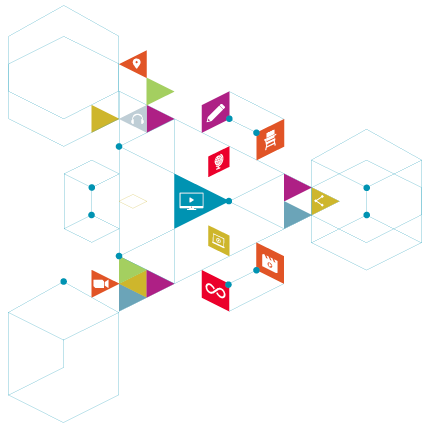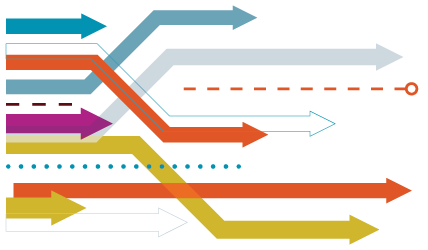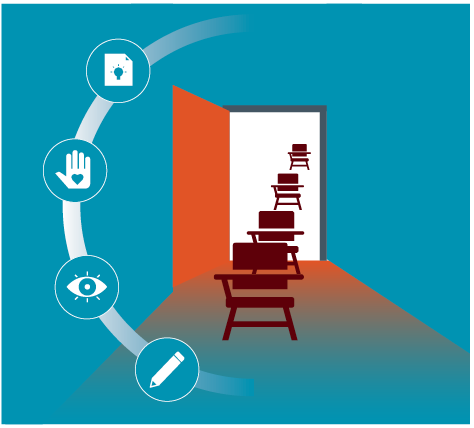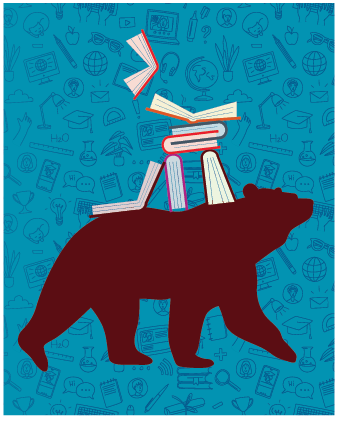Traditional and high-tech modalities to coexis t
t
COVID-19 expanded education: How we teach. How students learn. How we connect.
Delivery of academic programs will be matched with content and student access needs.
It will be characterized by person-centered, high-touch approaches. The flexibility
of modalities and pathways will consider access, convenience and adaptable time structures.
Contemporary instructional delivery will be the standard. Faculty will be supported
and optimally prepared to use the latest technologies in their discipline.
Cutting-edge technologies used in areas of study will ensure student competencies
when entering their career field.
Programs will lean into high impact learning experiences that reinforce curricula
and provide relevant exposure to emerging career fields that align with the university’s
mission.
Industry growth
Emerging careers. Promotions. Job loss. The list goes on, but all relate to an attainable
solution. Students and graduates can build on their educational and experiential background
by adding academic credentials. In response to the ebb and flow of the economy or
the desire to change careers, stacking easily attainable academic credentials lends
to furthering education across one’s lifespan.
Focused hiring
John Williams is a biotechnology research specialist in the Darr College of Agriculture.
Originally from the Kansas City area, John came to MSU as a member of a faculty cohort
cluster hire. He and other members of the cohort joined Missouri State to strengthen
its focus on sustainability and STEM programs. Members of his cohort hold faculty
appointments across campus.


 Responsive. Accessible. Interdisciplinary. Collaborative. Agile.
Responsive. Accessible. Interdisciplinary. Collaborative. Agile. t
t